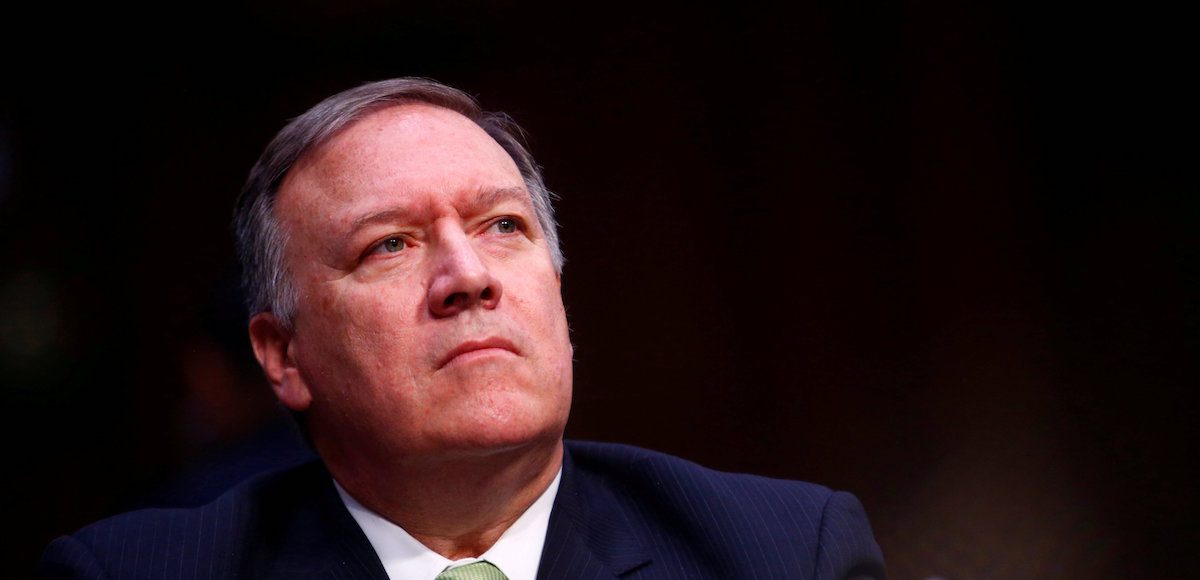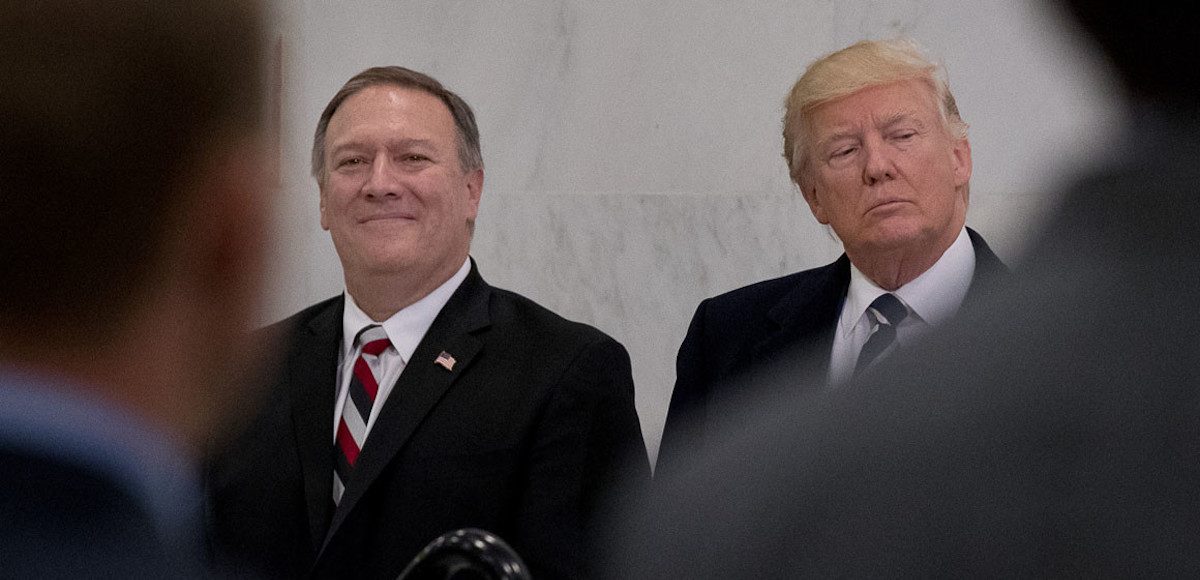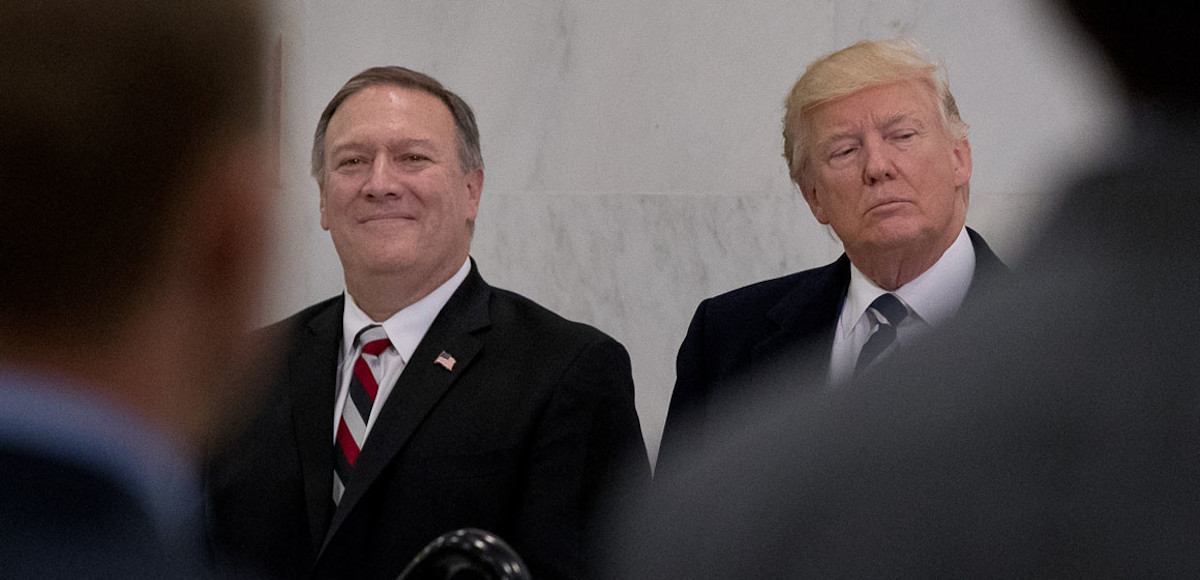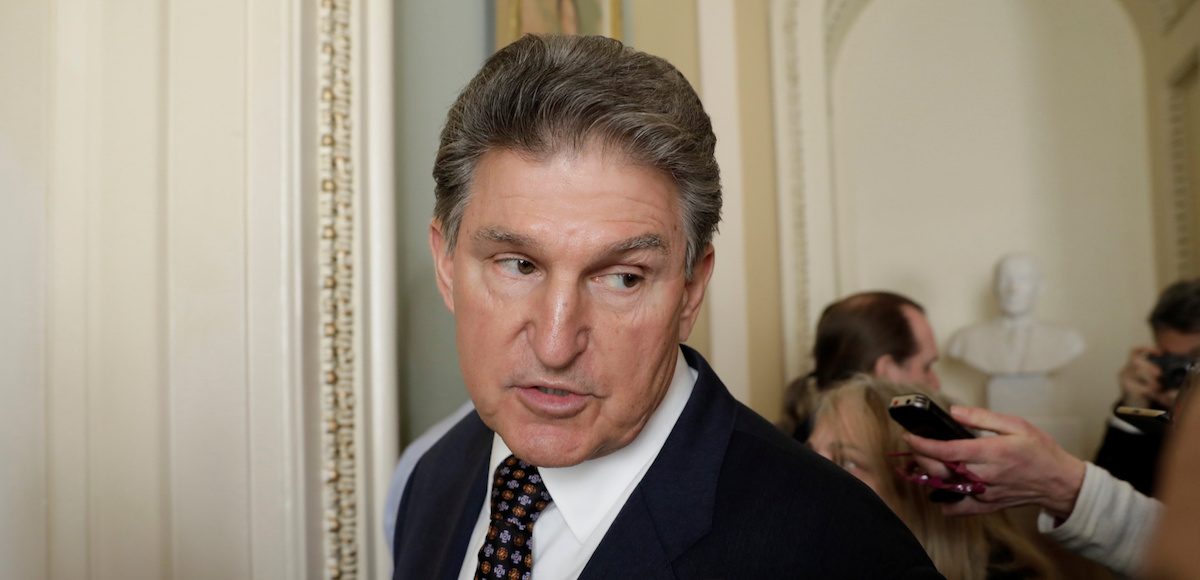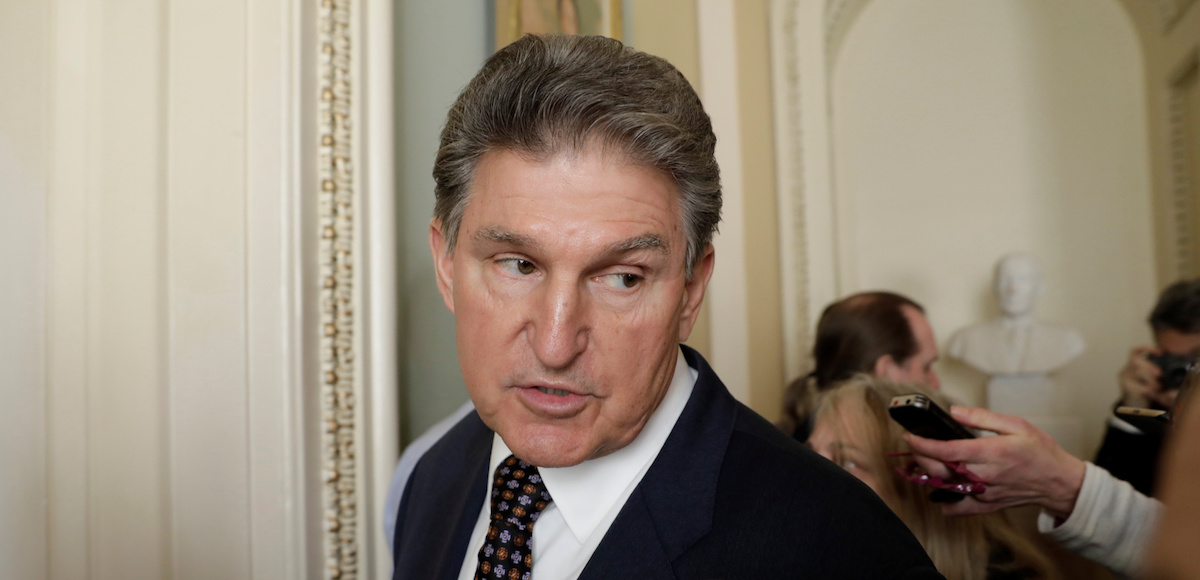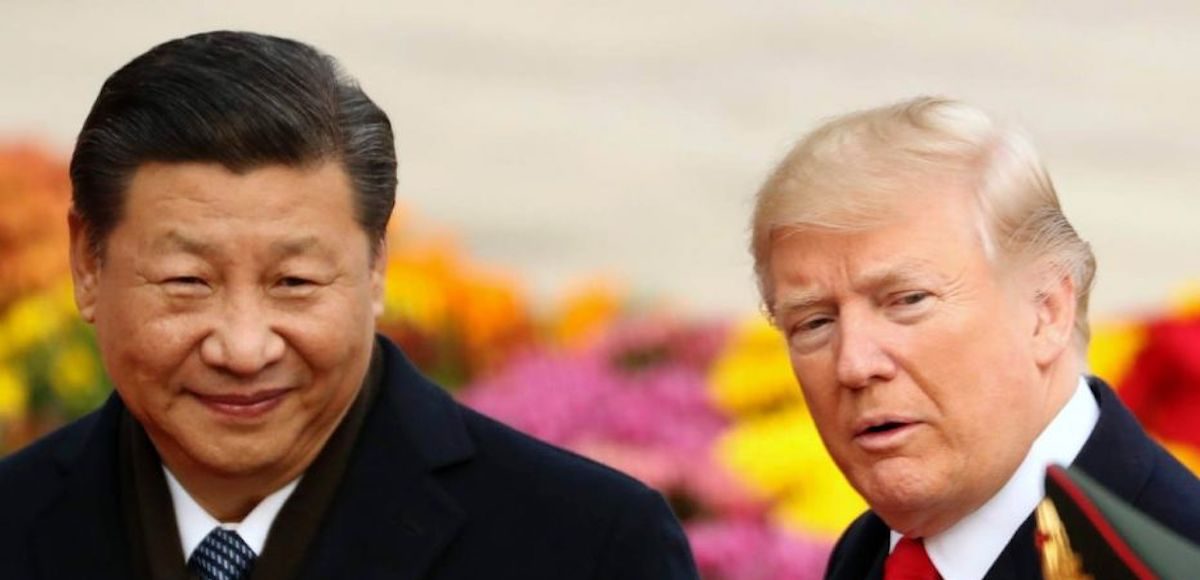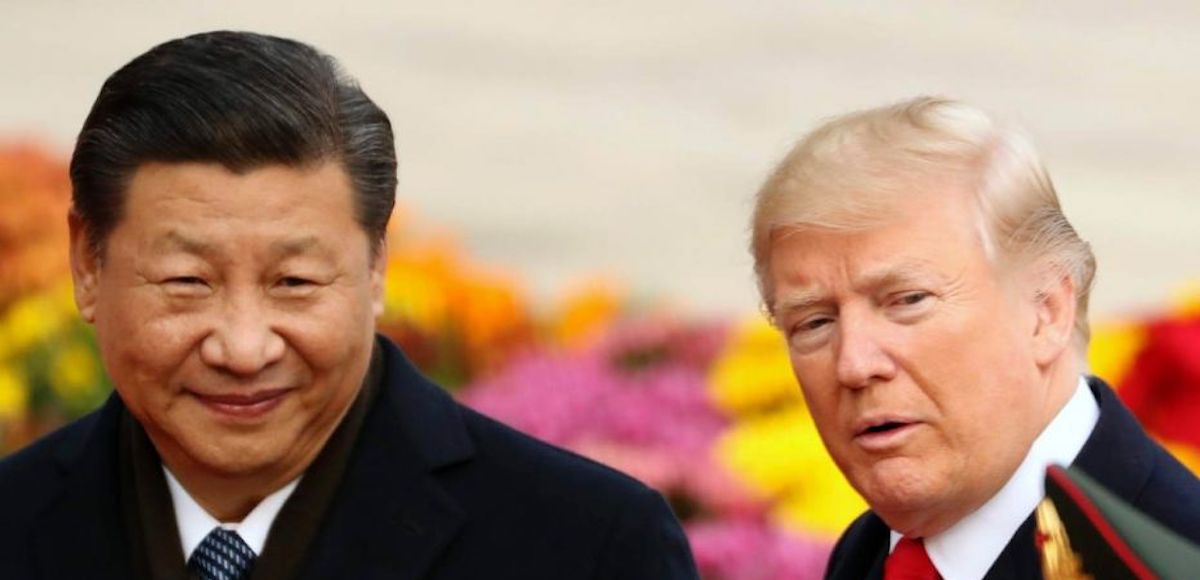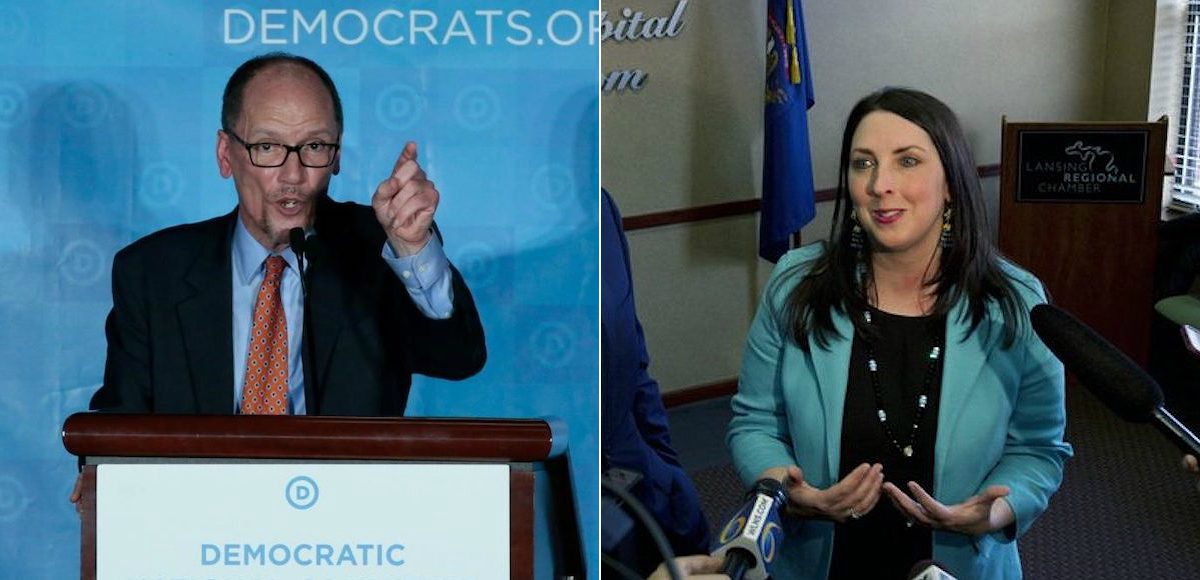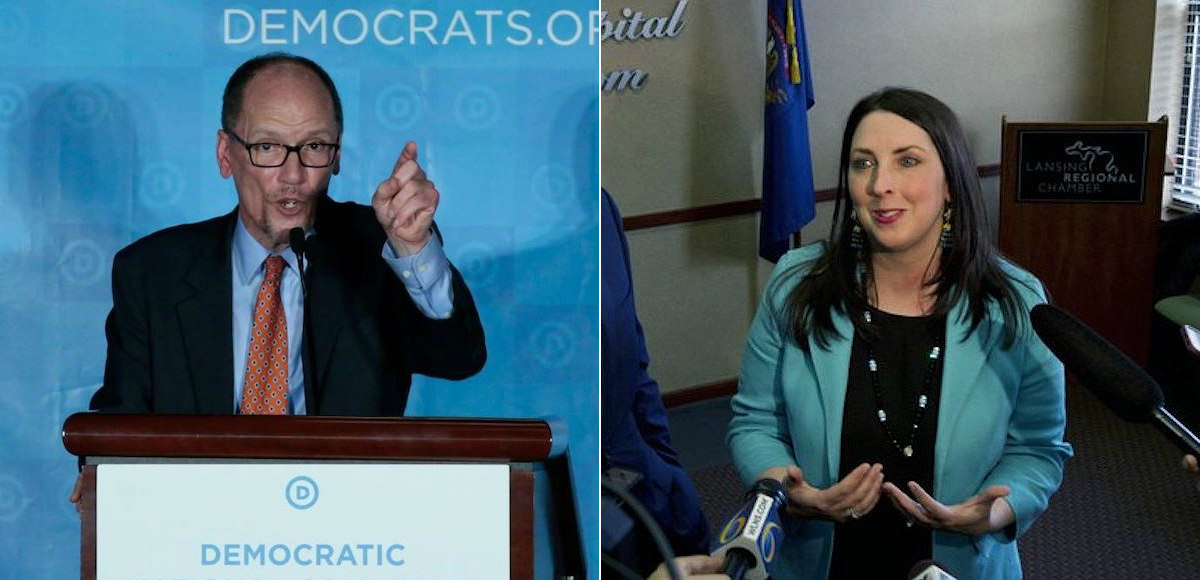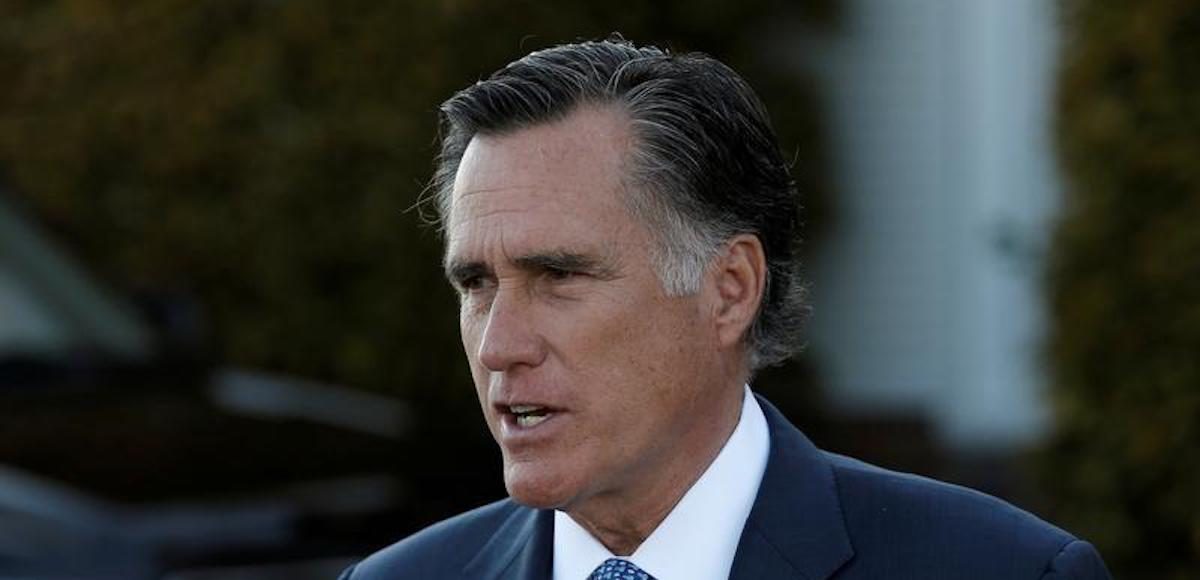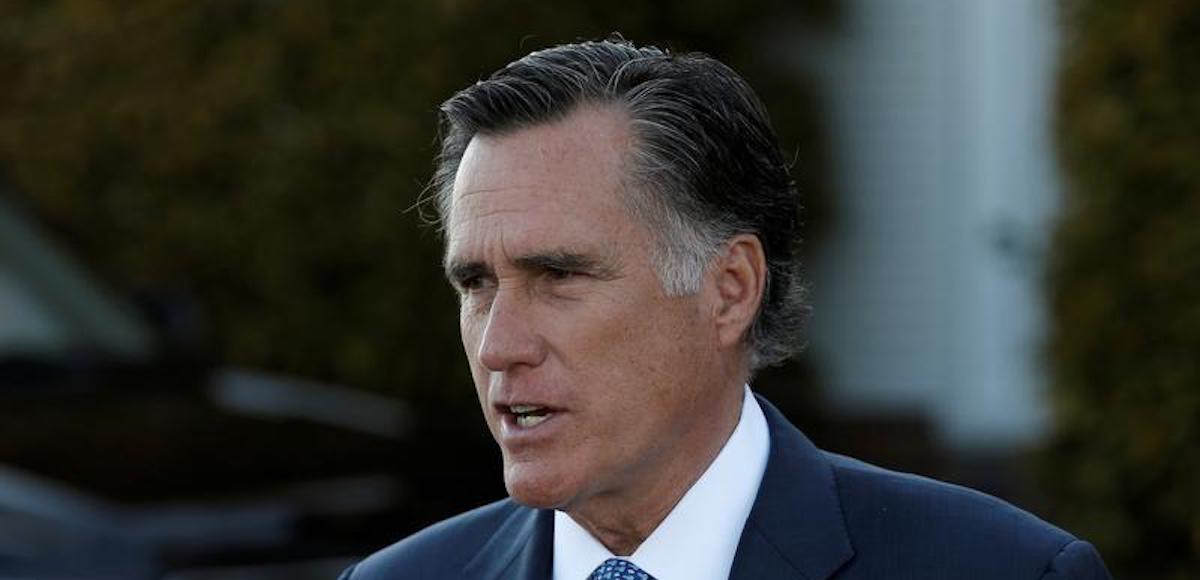Mike Pompeo Clears Senate Foreign Relations Committee, Thanks to Rand Paul
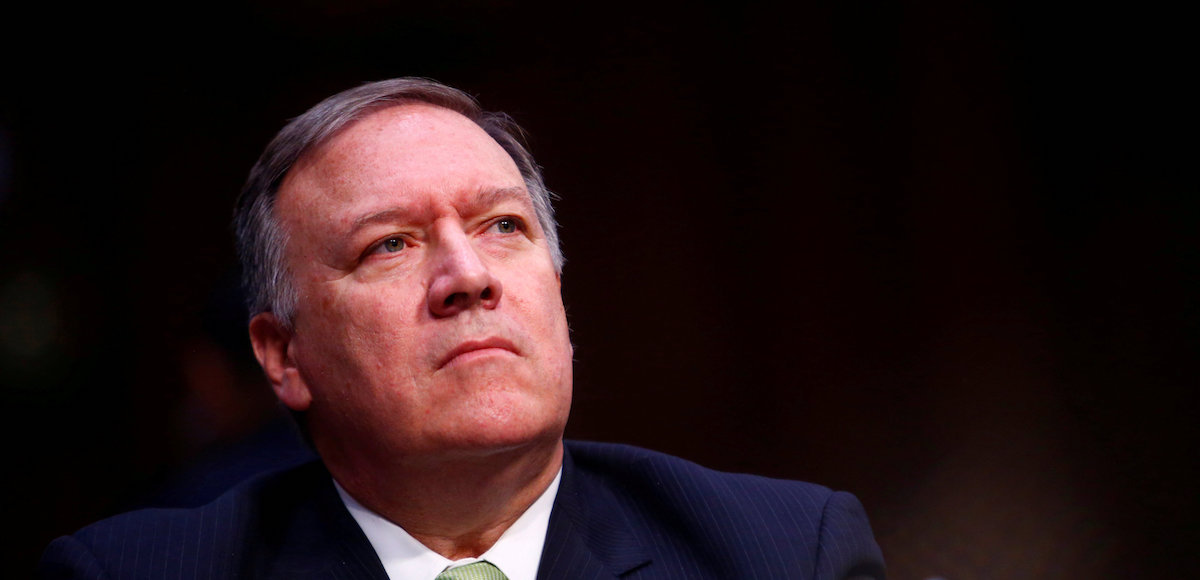
Central Intelligence Agency Director Mike Pompeo testifies before the U.S. Senate Select Committee on Intelligence on Capitol Hill in Washington, U.S. May 11, 2017. (Photo: Reuters)
The Senate Foreign Relations Committee voted to confirm Mike Pompeo for secretary of state, setting up a full vote in the U.S. Senate later this week. The 11-9-1 vote along party lines was a major victory for President Donald Trump.
But it only came after libertarian-leaning Senator Rand Paul, R-Kty., reversed his opposition to Mr. Pompeo, who currently serves as the Director of the Central Intelligence Agency (CIA). Had Senator Paul not changed his mind, it would’ve still been possible for Director Pompeo to become the first secretary of state nominee to be rejected by the committee since at least 1925.
“Having received assurances from President Trump and Director Pompeo that he agrees with the President on these important issues, I have decided to support his nomination to be our next Secretary of State,” Senator Paul tweeted.
Having received assurances from President Trump and Director Pompeo that he agrees with the President on these important issues, I have decided to support his nomination to be our next Secretary of State.
— Senator Rand Paul (@RandPaul) April 23, 2018
Senator Chris Coons, D-Delaware, voted “present” to offset the proxy vote of Senator Johnny Isakson, R-Ga., who was absent to attend a funeral.
While Majority Leader Mitch McConnell, R-Kty., said he would bring the nomination before the entire U.S. Senate this week no matter of the committee’s decision, a failure to clear the vote would have been an embarrassment for Director Pompeo, the White House and the nation.
Democrats have sought to stall and block his confirmation even though he has played a key role in the Trump Administration making significant progress toward the diplomatic denuclearization of North Korea. President Trump confirmed that Mr. Pompeo met with Kim Jong Un during Easter weekend to gauge the potential for a summit with South Korea and the United States (US).
Kim Jong Un announced last Friday that he has suspended Pyongyang’s nuclear testing program, including a freeze on intercontinental ballistic missile tests and closing a nuclear site. The extraordinary development came after North Korea announced they dropped demands for a freeze to U.S.-South Korea joint military exercises and the withdrawal of U.S. troops as preconditions for talks.
The decision handed the Trump Administration an enormous foreign policy victory.
If the summit is held, it would be the first-ever between the U.S. and North Korea after more than six decades of hostility. The North and South remain in a technical state of war. The 1950-53 Korean War ended with an armistice, not a peace treaty.
Kim is scheduled to hold talks with South Korean President Moon Jae-in next week and with U.S. President Trump in late May or early June.
Meanwhile, a few vulnerable Red State Senate Democrats have begun to announce they will vote to confirm Mr. Pompeo. Last Friday, Senator Heidi Heitkamp, D-N.D., became the first to buck party leadership. Senator Joe Manchin, D-W.Va., announced earlier Monday he would vote “Yes,” as well, and Senator Joe Donnelly, R-Ina., followed shortly after.
The Senate Foreign Relations Committee voted to
